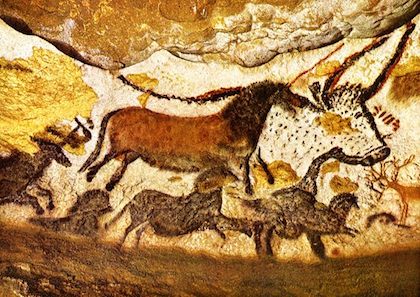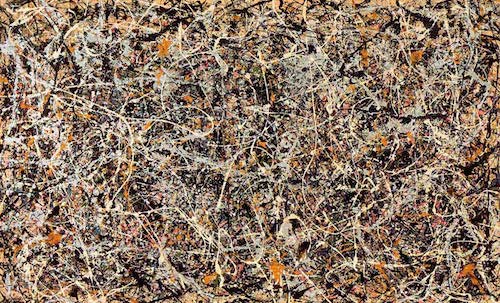

REVIEW SESSIONS: Our section's review session is now confirmed for Thursday, May 7 from 4:00 to 5:30 pm in 405 Dodge. Please bring your questions, as there is no other agenda.
As previously announced, there will also be a marathon coursewide review session for Music Hum on Tuesday, May 5 from 1:00 to 5:30 pm in 622 Dodge (details here).
 |  |
How glibly I had talked of modern jazz, without realizing the force of the adjective: this was modern jazz, and Parker was a modern jazz player just as Picasso was a modern painter and Pound a modern poet. I hadn't realized that jazz had gone from Lascaux to Jackson Pollock in fifty years, but now I realized it relief came flooding in upon me after nearly two years' despondency. I went back to my books: "After Parker, you had to be something of a musician to follow the best jazz of the day." Of course! After Picasso! After Pound! There could hardly have been a conciser summary of what I don't believe about art. ‐ Philip Larkin
In this assignment you will hear some of the highlights of jazz in the post-war years, with three movements represented by their leading figures: bebop by Charlie Parker, cool jazz by Miles Davis, and free jazz by Ornette Coleman.
In the book Jazz: America's Classical Music by Grover Sales (available online via the link), READ the sections on bebop, cool jazz and Ornette Coleman.
Then PRINT the questionnaire and fill it out as you LISTEN to the following jazz selections.

Charlie Parker (1920-1955)
Ornithology (Bird Lore): Charlie Parker Septet, March 28, 1946 (3'21)
Now's the Time: Charlie Parker Quartet, August 4, 1953 (3'01)
I've Got You Under My Skin: Charlie Parker Quartet, August 4, 1953 (3'40)

Miles Davis (1926-1991)
So What: March 2, 1959 (9'02)

Ornette Coleman (1930-)
Lonely Woman: May 22, 1959 (5'02)